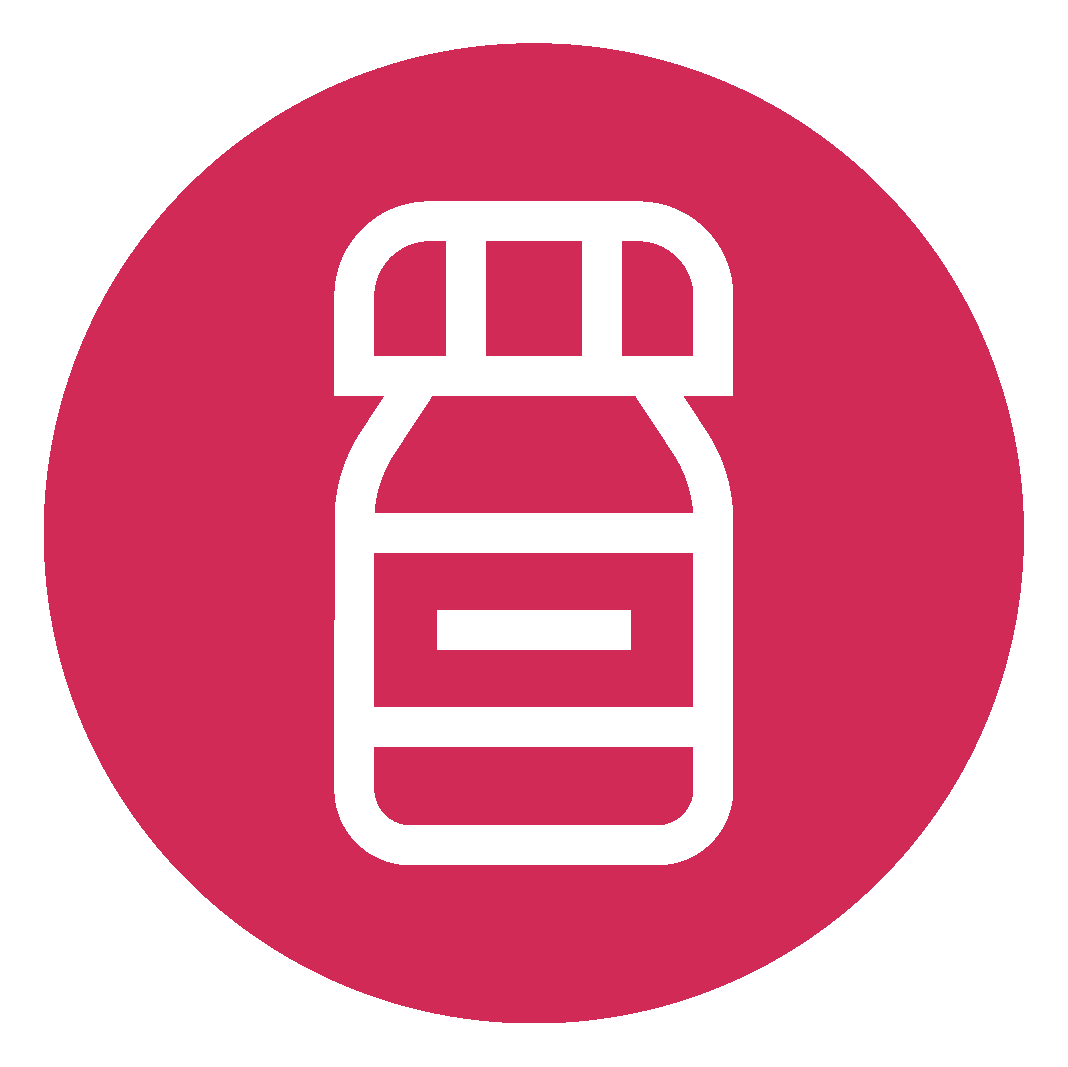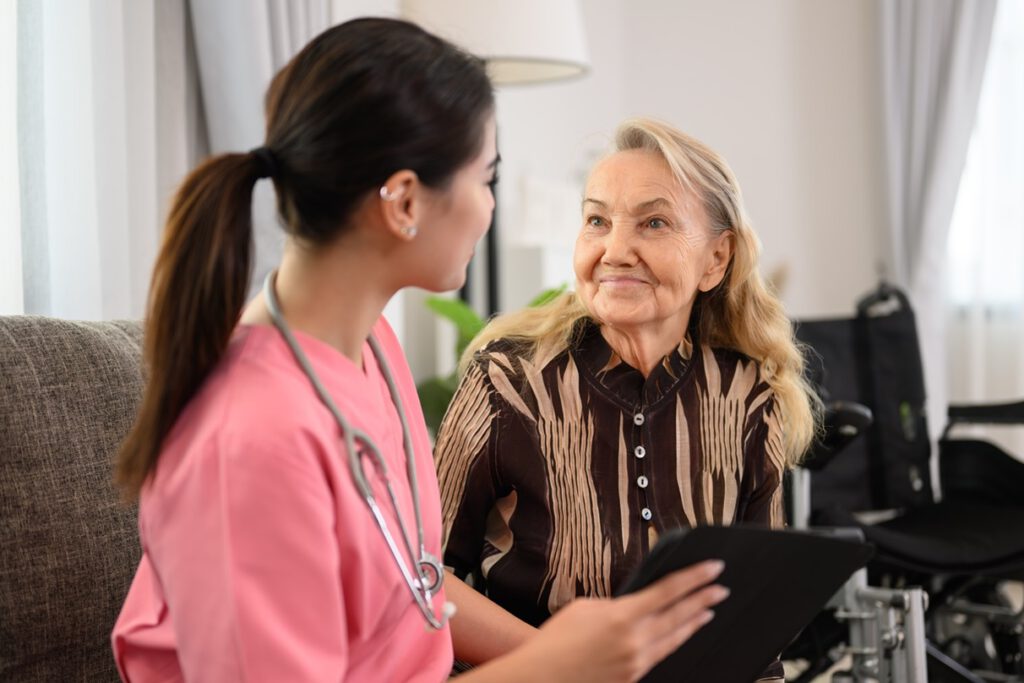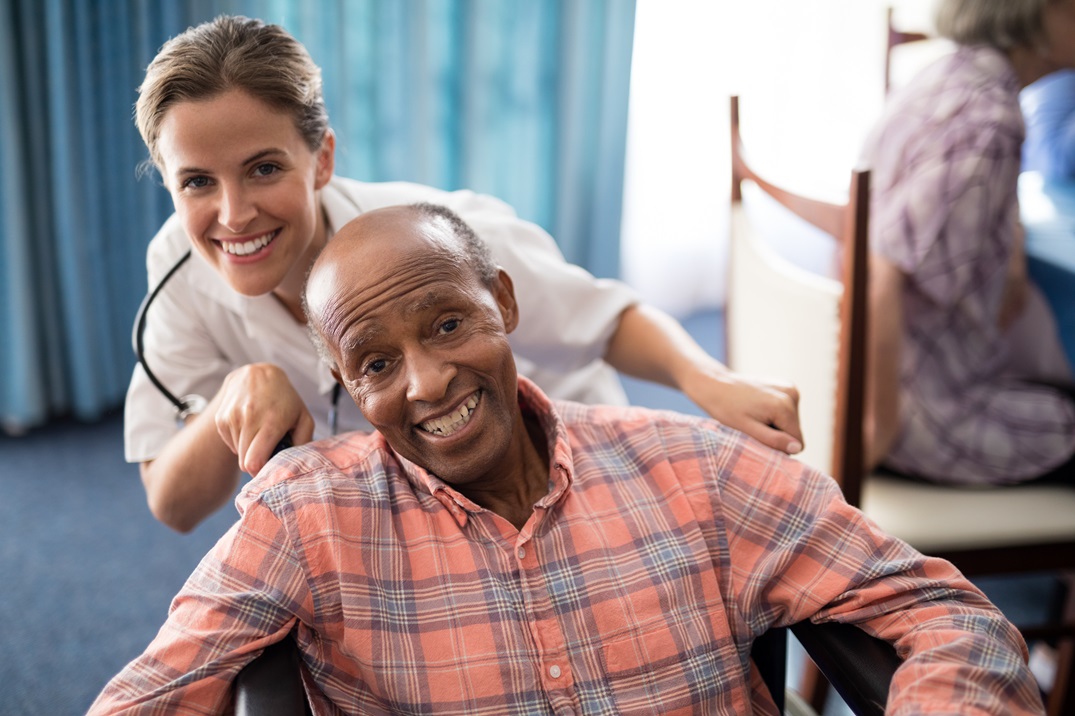
Our caring team supports you with personal care, daily tasks, and dignity, helping you feel your best despite limitations.

Our Licensed Clinical Social Worker connects patients and families to community resources, support services, counseling, and insurance assistance for holistic care.

Our providers specialize in older adults' needs, offering personalized care plans, service coordination, and mobility support for a fulfilling life.

We empower individuals with Autism and Developmental Disabilities to live meaningful, independent lives, offering Companion Care, Respite, and Nursing services.

When you’re recovering from an illness or injury, our specialists can help you increase your range of motion, build your strength, and adapt your home situation so you can safely perform your daily tasks.

Personal care, meal preparation, and daily living support to maintain independence and comfort at home.
Personal care involves non-medical, hands-on assistance with essential self-care routines that individuals typically perform on a daily basis. These tasks, referred to as Activities of Daily Living (ADLs), include basic functions such as bathing, dressing, grooming, toileting, eating, and moving safely around the home. For many people, these actions are second nature—but as we age or face physical limitations due to illness, surgery, or disability, even simple tasks can become difficult, unsafe, or impossible to manage independently.
ADLs form the foundation of daily health and well-being. Regular bathing supports skin integrity and prevents infections, while proper grooming and dressing help maintain self-esteem and social engagement. Mobility and toileting support are essential to preserving independence and preventing falls, which are a leading cause of injury in older adults. When any of these functions become challenging, having reliable, respectful assistance allows individuals to maintain their dignity and quality of life without compromising safety.
Personal care also goes beyond just physical help—it offers emotional reassurance and companionship. Whether it’s helping someone choose an outfit that makes them feel good or offering a steady hand while walking to the bathroom, caregivers build trust through these everyday interactions. This type of support isn’t only about meeting practical needs—it’s about nurturing confidence, encouraging autonomy, and enabling individuals to remain in their own homes for as long as possible. With thoughtful personal care, everyday life becomes safer, more manageable, and more meaningful.

Tailored care to meet each senior's unique needs and preferences
Full spectrum care from medical to daily living assistance
Enhancing well-being, promoting independence, ensuring senior happiness
Secure, nurturing settings where seniors feel comfortable and supported
While ADLs focus on basic needs, Instrumental Activities of Daily Living (IADLs) support a person’s ability to live independently in a home environment. These activities require planning, coordination, and mobility.

If your loved one is experiencing any of the following, it may be time to explore personal care:
We conduct comprehensive home safety assessments and provide modifications and support to create a secure environment.
We carefully match caregivers with clients based on compatibility, skills, and specific care requirements to ensure optimal support.